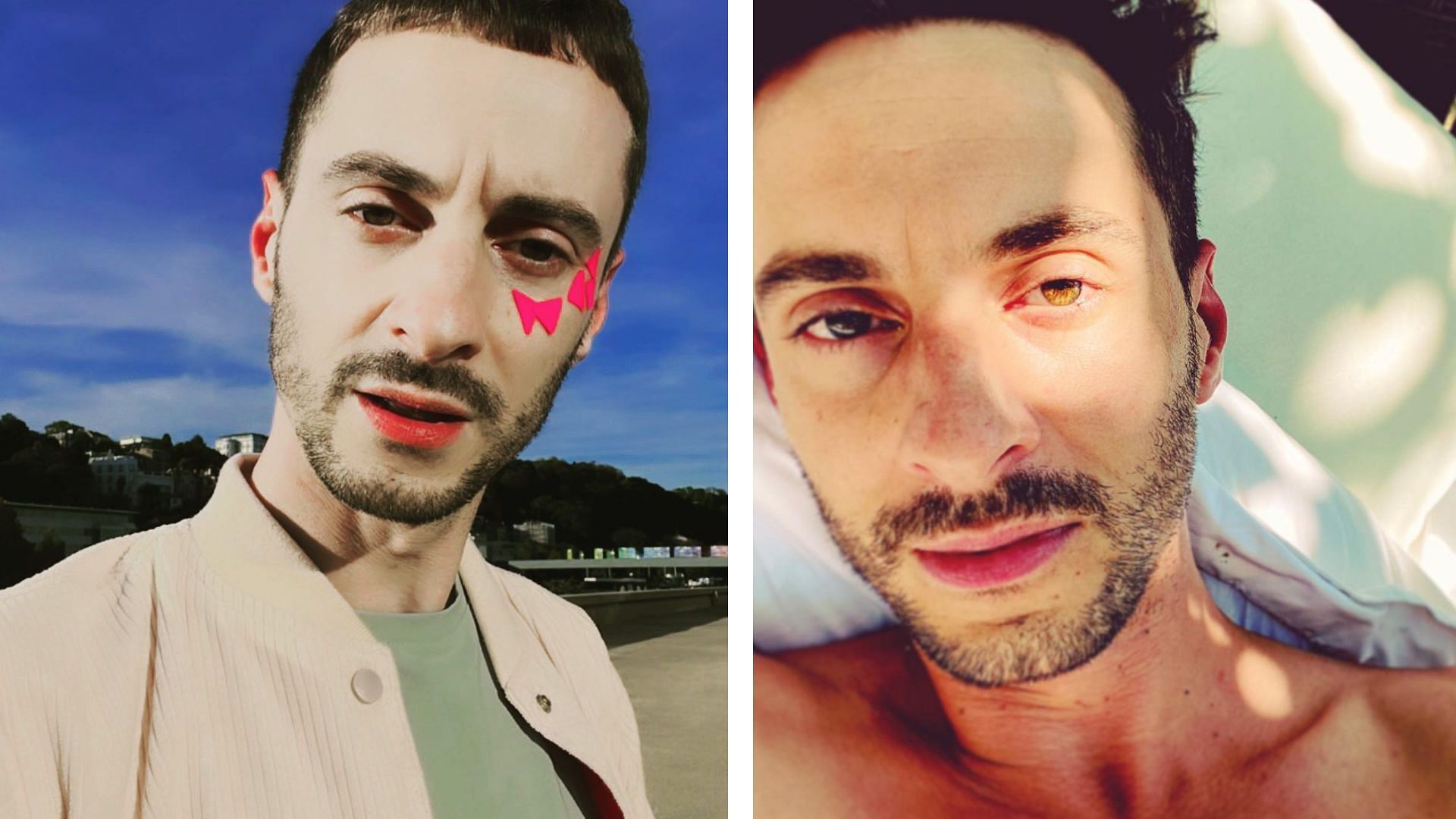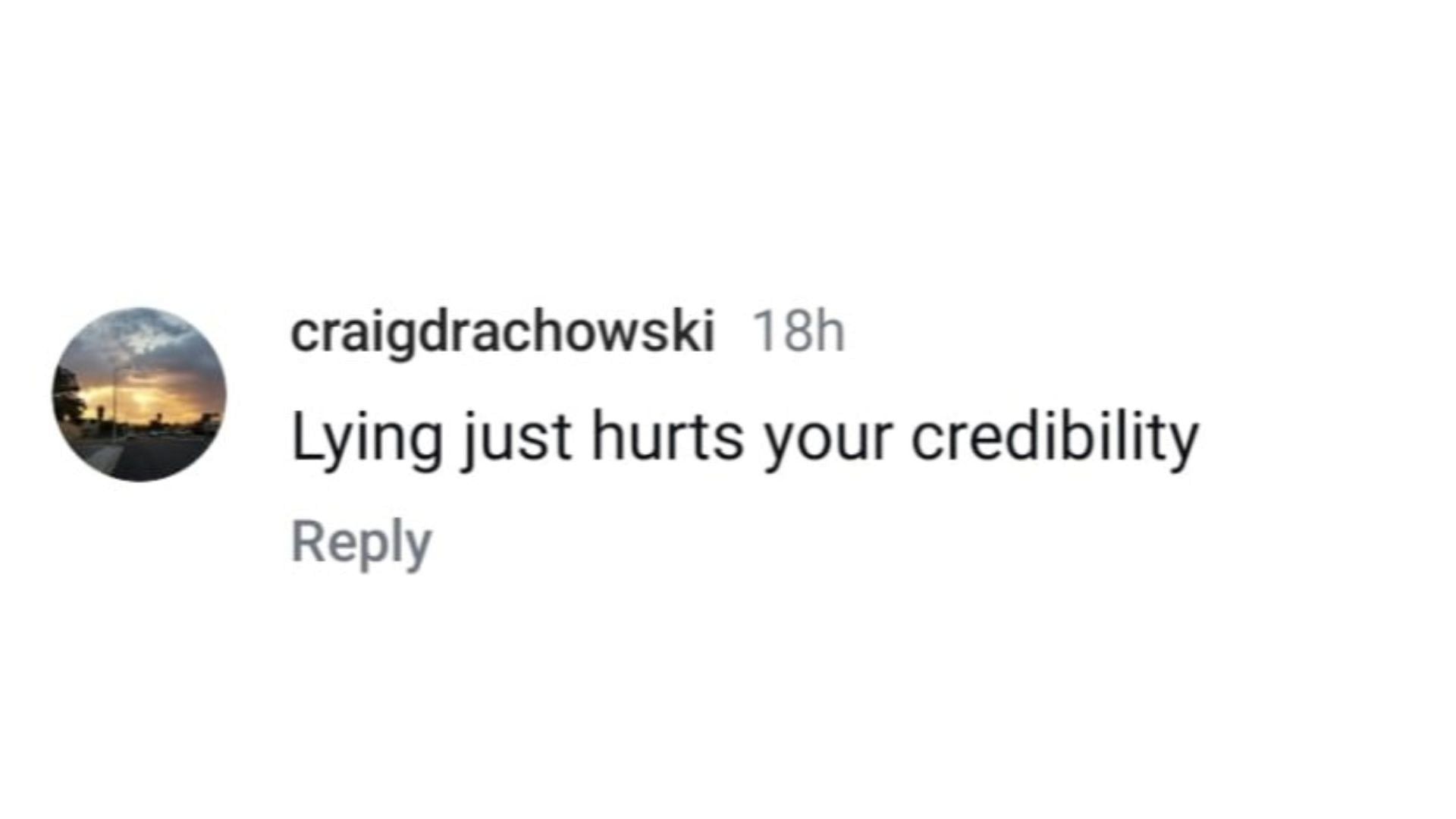Thomas Jolly Struck By Lightning: Debunking The Viral Myth
Table of Contents
- Biography of Thomas Jolly
- The Lightning Myth: What Really Happened?
- Misinformation on Social Media
- Official Statements and Clarifications
- Legal Actions Taken by Thomas Jolly
- Impact on Thomas Jolly's Career
- How to Prevent the Spread of Misinformation
- Conclusion: The Importance of Fact-Checking
Biography of Thomas Jolly
Before diving into the controversy, let’s take a moment to learn more about Thomas Jolly, the man behind the iconic Paris 2024 Olympic Games opening ceremony.Key Facts About Thomas Jolly
| Full Name | Thomas Jolly |
|---|---|
| Profession | Artistic Director, Choreographer |
| Notable Work | Paris 2024 Olympic Games Opening Ceremony |
| Birthplace | France |
| Education | Renowned Theatre Schools in France |
The Lightning Myth: What Really Happened?
The claim that Thomas Jolly was struck by lightning originated from a fabricated screenshot of an Associated Press article. This misleading image was shared widely on social media platforms like X (formerly Twitter) and Facebook, causing many to believe the story without verifying its authenticity. While it’s true that Jolly has faced criticism and controversy over his artistic choices, particularly regarding the depiction of "The Last Supper" during the opening ceremony, there is no credible evidence to support the claim that he was struck by lightning or hospitalized as a result.Misinformation on Social Media
The rapid spread of misinformation on social media platforms is a growing concern. In the case of Thomas Jolly, false claims were amplified by users who shared the fabricated screenshot without fact-checking.Why Misinformation Spreads So Quickly
- **Emotional Appeal**: Stories involving dramatic events like being struck by lightning tend to capture attention and evoke strong emotions. - **Lack of Verification**: Many users share content without verifying its authenticity, contributing to the spread of false information. - **Algorithmic Amplification**: Social media algorithms often prioritize sensational content, increasing its visibility. To combat this issue, it’s crucial for users to critically evaluate the sources of information they encounter online.Official Statements and Clarifications
In response to the misinformation, official sources have taken steps to clarify the situation. - The Associated Press confirmed that they did not publish any article stating that Thomas Jolly was hospitalized after being struck by lightning. - A spokesperson for the Paris Olympics stated that Jolly’s inspiration for the opening ceremony came from "The Last Supper," but denied any connection to the lightning strike rumor. - Paris prosecutors have opened an investigation into hate speech online following a complaint by Jolly regarding the spread of false information and death threats. These official statements serve as a reminder of the importance of relying on credible sources when consuming news.Legal Actions Taken by Thomas Jolly
Faced with a wave of misinformation and hate speech, Thomas Jolly has taken legal action to protect his reputation. On August 3, he filed a second complaint alongside two organizers of the Paris 2024 Olympics, citing the overwhelming amount of death threats he received since the opening ceremony. The investigation into online hate speech highlights the serious consequences of spreading false information and underscores the need for accountability in the digital space.Impact on Thomas Jolly's Career
Despite the challenges posed by misinformation, Thomas Jolly’s career remains on an upward trajectory. The opening ceremony he directed was hailed as a groundbreaking achievement, earning praise from audiences around the world. - **Critical Acclaim**: Jolly’s innovative approach to storytelling and stage design has earned him widespread recognition. - **Future Projects**: With his reputation intact, Jolly is expected to take on more high-profile projects in the coming years. - **Legacy**: His work on the Paris 2024 Olympics will be remembered as a defining moment in the history of Olympic ceremonies.How to Prevent the Spread of Misinformation
Preventing the spread of misinformation requires a collective effort from all users of social media platforms. Here are some practical steps you can take: - **Verify Sources**: Always check the credibility of the source before sharing information. - **Use Fact-Checking Tools**: Websites like Snopes and FactCheck.org can help verify the accuracy of claims. - **Encourage Critical Thinking**: Promote a culture of skepticism and critical evaluation of online content. By adopting these practices, we can help create a more informed and trustworthy digital environment.Conclusion: The Importance of Fact-Checking
In conclusion, the story of Thomas Jolly being struck by lightning serves as a cautionary tale about the dangers of misinformation in the digital age. While the claim was false, its rapid spread highlights the need for vigilance and critical thinking when consuming news online. As we move forward, let’s commit to fact-checking and supporting credible sources of information. By doing so, we can ensure that stories like Thomas Jolly’s are told accurately and fairly, preserving the integrity of both individuals and the media landscape. We invite you to share your thoughts and experiences in the comments below. Together, we can make a difference in the fight against misinformation.
"Lying just hurts your credibility" - Internet slams viral report on

Disinformation About The Artistic Director Of The Olympics, Thomas

"Lying just hurts your credibility" - Internet slams viral report on